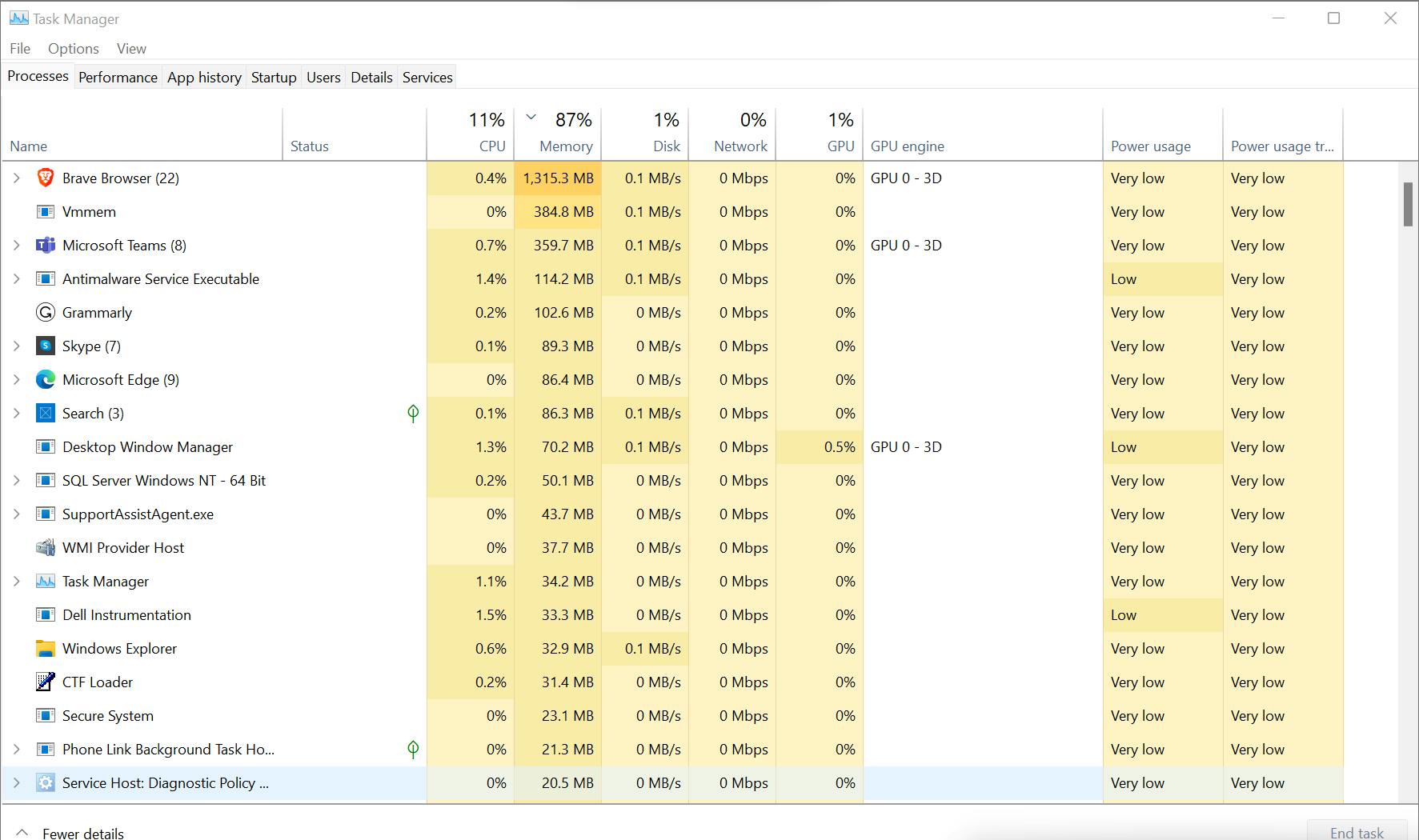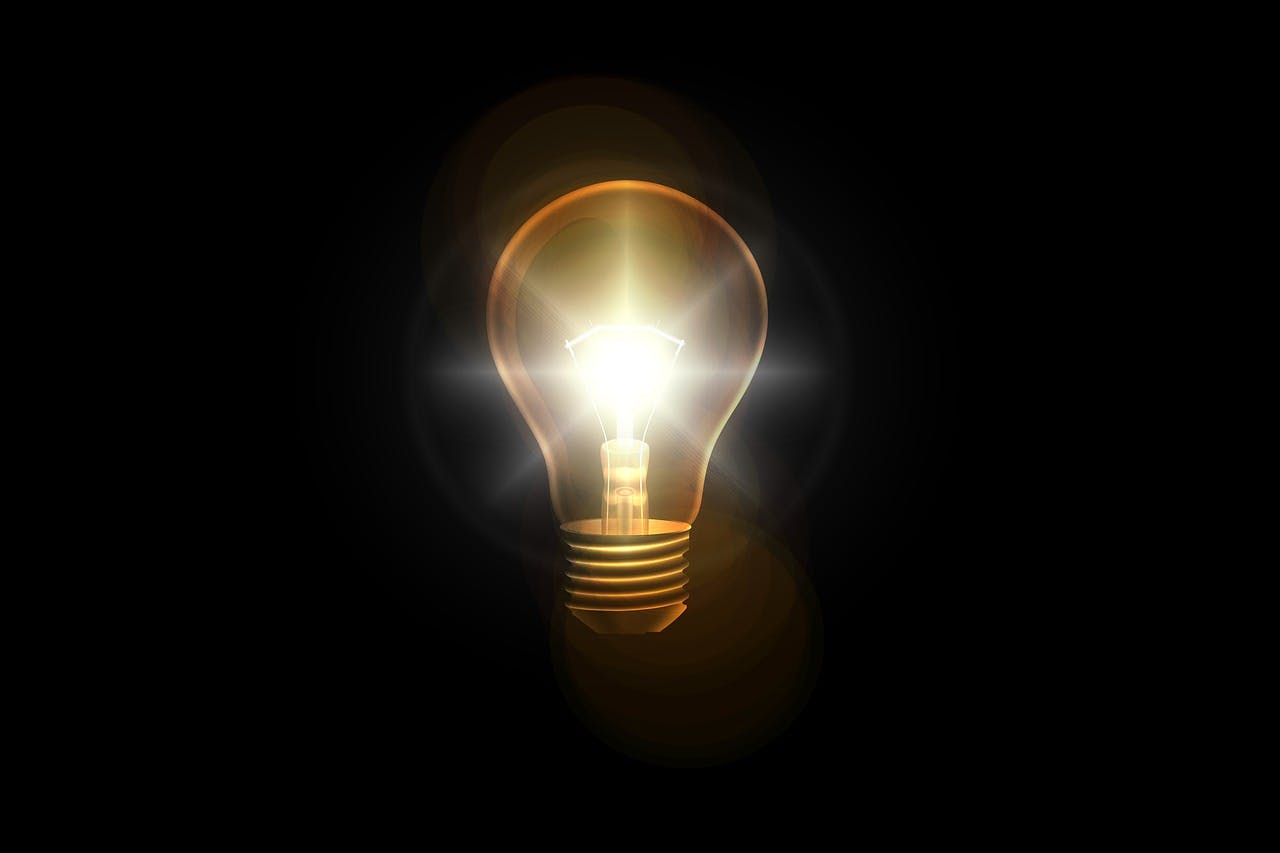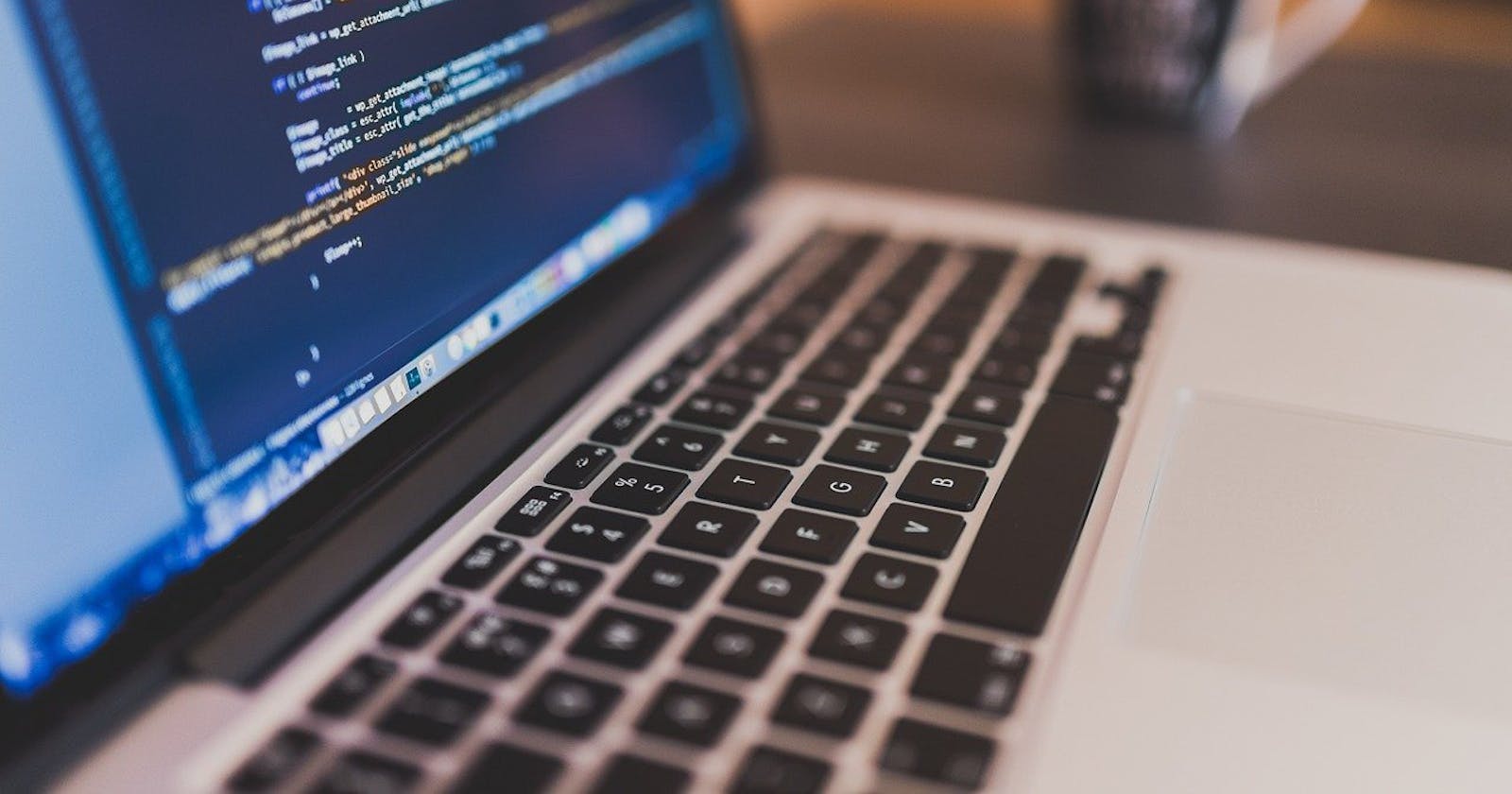How To Get More Out Of Your PC
Stop your PC from lagging or compromising your productivity with one easy fix
Table of contents
Do you think device makers intentionally slow down your current devices when they release a newer model? 🤧. Well, you're somewhat right; planned obsolescence is a controversial topic that has been debated for decades with some organizations coming under close scrutiny because of this unethical practice.
Today we're going to be looking at the other side of this coin; is it possible your devices are slowing down because you're not being economical with how you manage your processor's resources? 😏. It turns out that as the processing power of our devices improved, so did the resource demands of our applications, and it's beginning to look like a zero-sum game where it looks like we're making progress, yet we're at a spot.

A Relatable Explanation
Device performance is a really huge deal for anyone who owns a smart device, especially developers who tend to max out every ounce of processing power during software development. A lot of people don't know this, but PC/Desktop browsers have evolved into much more than we give them credit for. A lot of things we do on our phones can be done on the browser, and desktop browsers are able to process background notifications too 😲.

The Moment of Truth
The issue with background notification is the biggest case users make for installing memory-guzzling applications directly on their devices which is why this information needs to be passed across 😅. Now, how do all these come together? Well, the best way to see how much of your processor's resources are being consumed by applications you don't necessarily need to install on your device, is simply press the CTRL + ALT + DELETE keys on your keyboard (for windows PC users) and select "Task Manager" to see something like the image below.

For Apple users, find out for yourself (I'm kidding 😂), just press the CMD + ALT + ESC buttons to bring up your task manager. You should see something similar to the image above. What's especially important about the task manager is that it lets you see how much resources the apps you don't know you're running are using. One thing the average device owner doesn't know is that some applications you install launch themselves (in the background) immediately after you power your PC. Most of the time, you don't even need the application, yet they're lurking in the shadows and slowing down your PC 😣.

A Solution
Your desktop browsers are the solution to these challenges because your desktop browsers help you manage memory better than letting those applications roam free. Popular applications like WhatsApp desktop, Slack, Skype, Microsoft Teams, etc, can be used on your desktop browser, what's more with the background notification feature on most browsers, you won't miss any messages even if you close the browser tab you're using these applications on in your browsers.
All you have to do is uninstall these applications on your PC and access them through your desktop browser. You'll be prompted to enable notifications, and once you do, you won't miss a thing, but you'll be able to massively improve the speed and responsiveness of your PC.
Finally...
Software engineer or not, your PC's performance can severely impact your productivity, leaving you frustrated enough to trigger a distress purchase of a more expensive device that can put a dent in your finances. With proper management of your processor's resources, you can increase the longevity of your PC almost indefinitely without exactly having to implement a ton of esoteric best practices. Lastly, if you're one of those people who don't shut down devices, I suggest you do it every now and then. Happy coding 🥂

